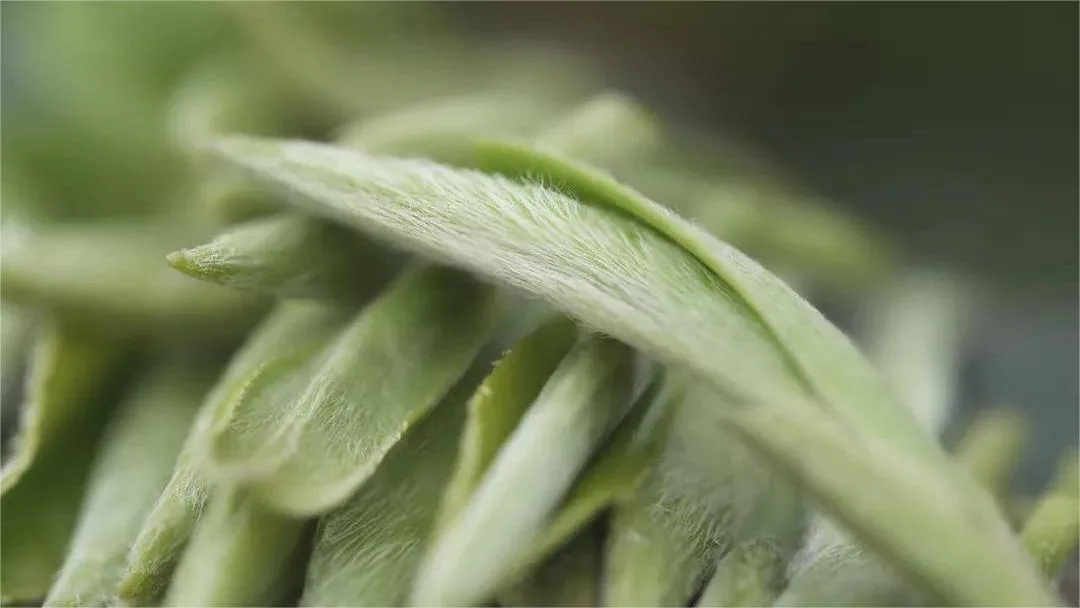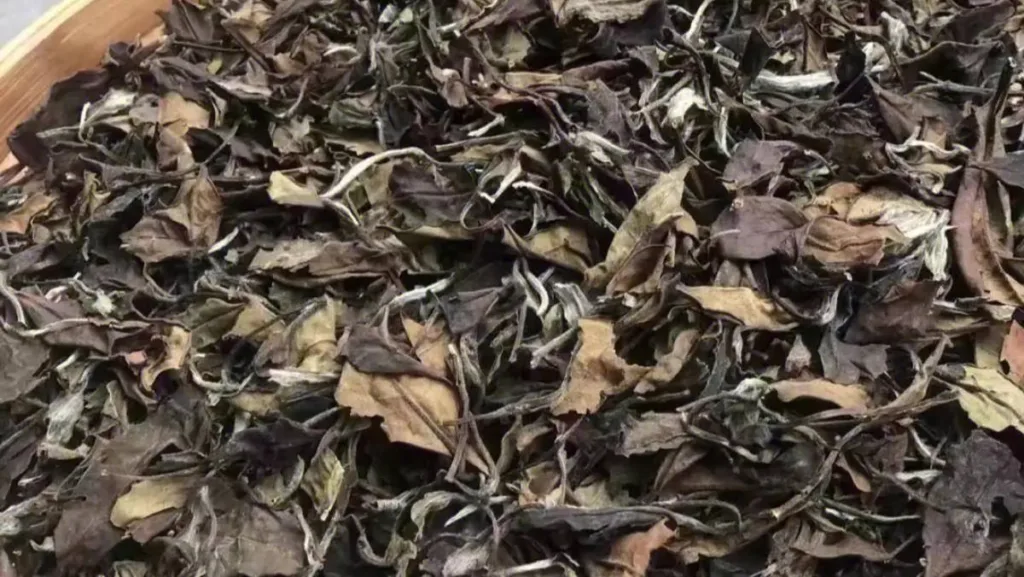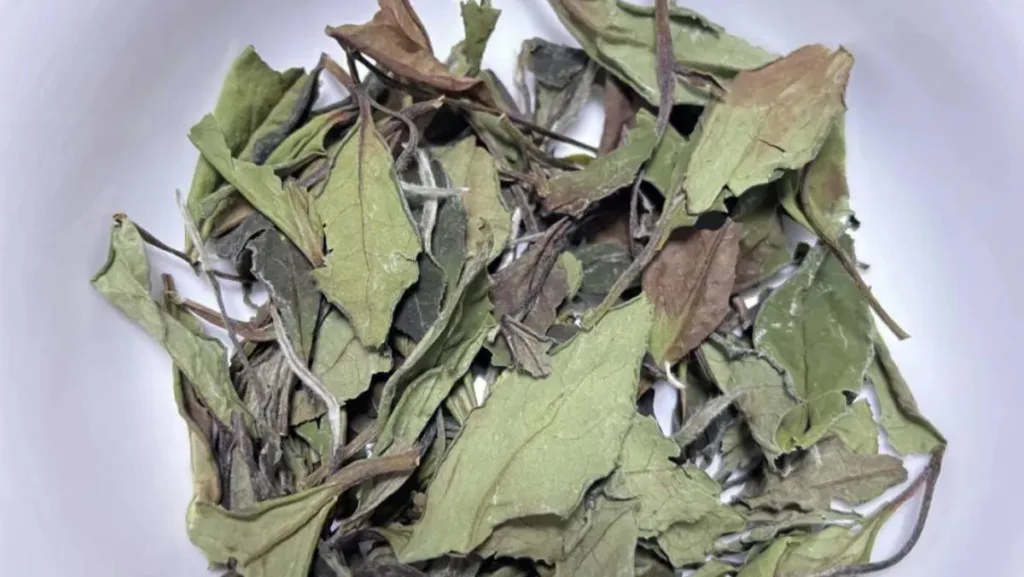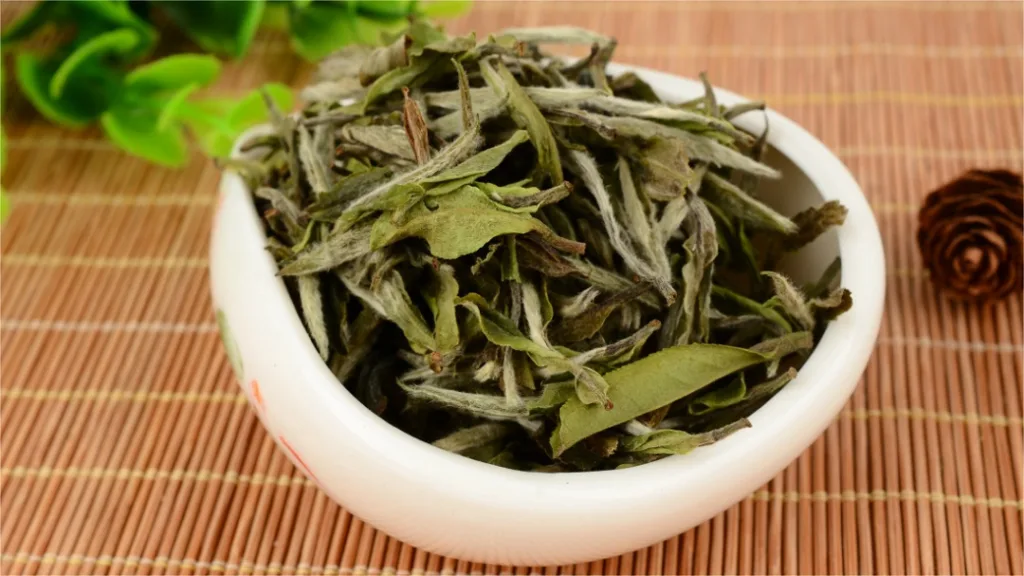White tea, including Chinese Silver Needle tea (白毫银针), does contain caffeine. Caffeine is a natural compound found in tea leaves, and its presence in white tea can vary depending on several factors.
White tea is a type of tea that comes from the Camellia sinensis plant, just like green tea. Both white and green teas contain caffeine, but experts estimate that the caffeine content in white tea is approximately 15% less than that in traditional green tea.
The caffeine content in white tea can range from 6 to 55 milligrams per 250 milliliters (approximately one cup). Several factors influence the caffeine content in white tea:
- Type/Grade: Chinese Silver Needle tea, known for its delicate flavor and appearance, contains relatively low levels of caffeine compared to other white teas. This is because it is made primarily from tea buds (leaf tips) rather than mature tea leaves. Tea buds have fewer caffeine compounds.
- Brand: Different white tea brands may have varying caffeine content due to differences in processing and harvesting techniques. How the leaves are grown, picked, and processed can impact caffeine levels.
- Leaf Size: Loose-leaf white tea typically contains lower caffeine levels compared to broken or bagged tea leaves. This is because the surface area for caffeine extraction is smaller in whole leaves.
- Temperature: The water temperature at which white tea is steeped also plays a role. Brewing white tea at temperatures above 194°F (90°C) can result in higher caffeine extraction.
- Steeping Time: The duration for which white tea is steeped affects caffeine concentration. Prolonged steeping, beyond 7-10 minutes, significantly increases the caffeine content. The longer the tea leaves are in contact with water, the more caffeine is extracted.
In summary, Chinese Silver Needle tea is indeed caffeinated, but its caffeine content can be relatively low compared to other teas, especially if brewed using lower temperatures and shorter steeping times. The caffeine levels in white tea can vary based on the specific type, brand, and brewing method. It is essential for individuals who are sensitive to caffeine or looking to moderate their caffeine intake to consider these factors when preparing and enjoying white tea.



